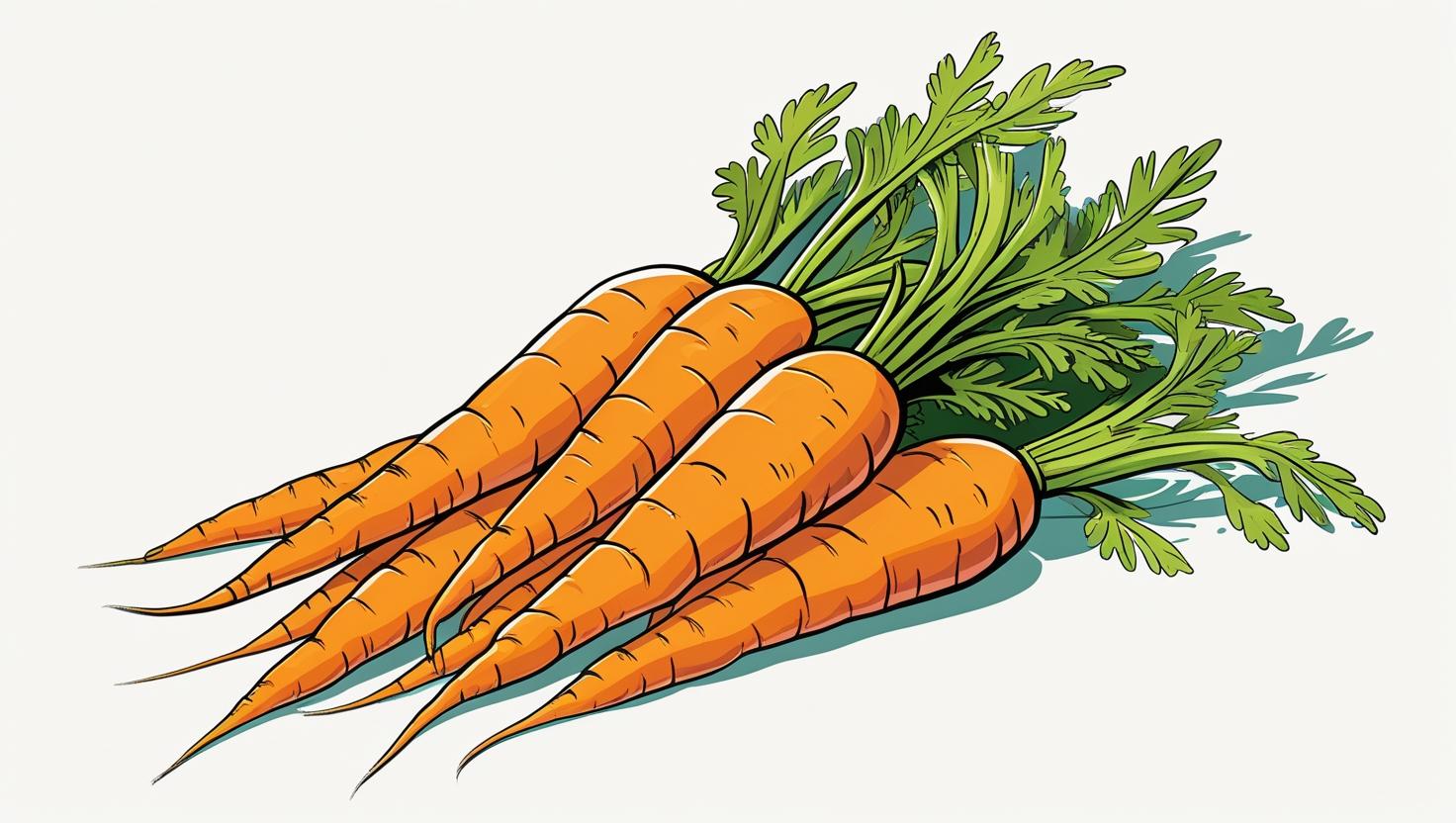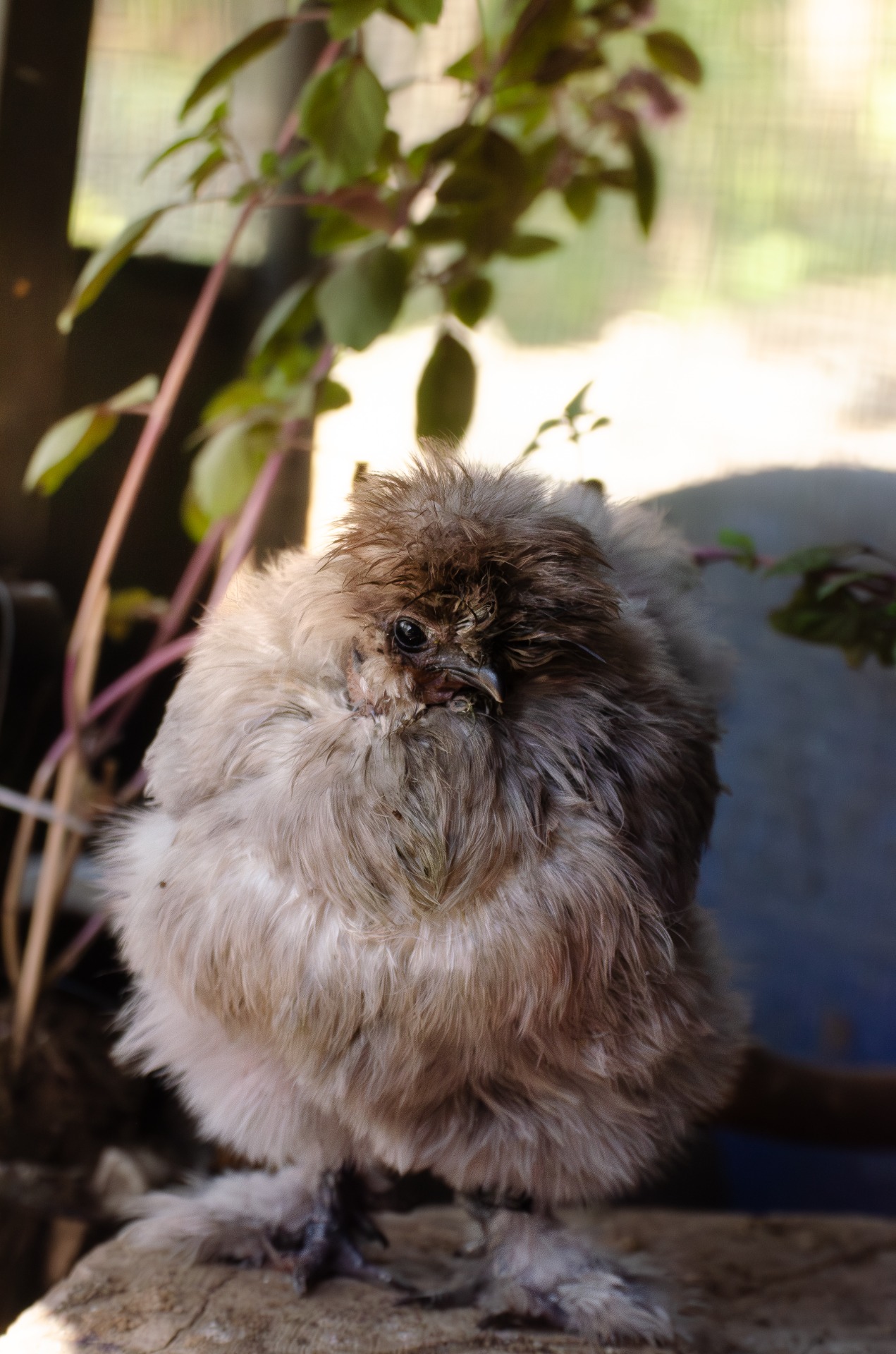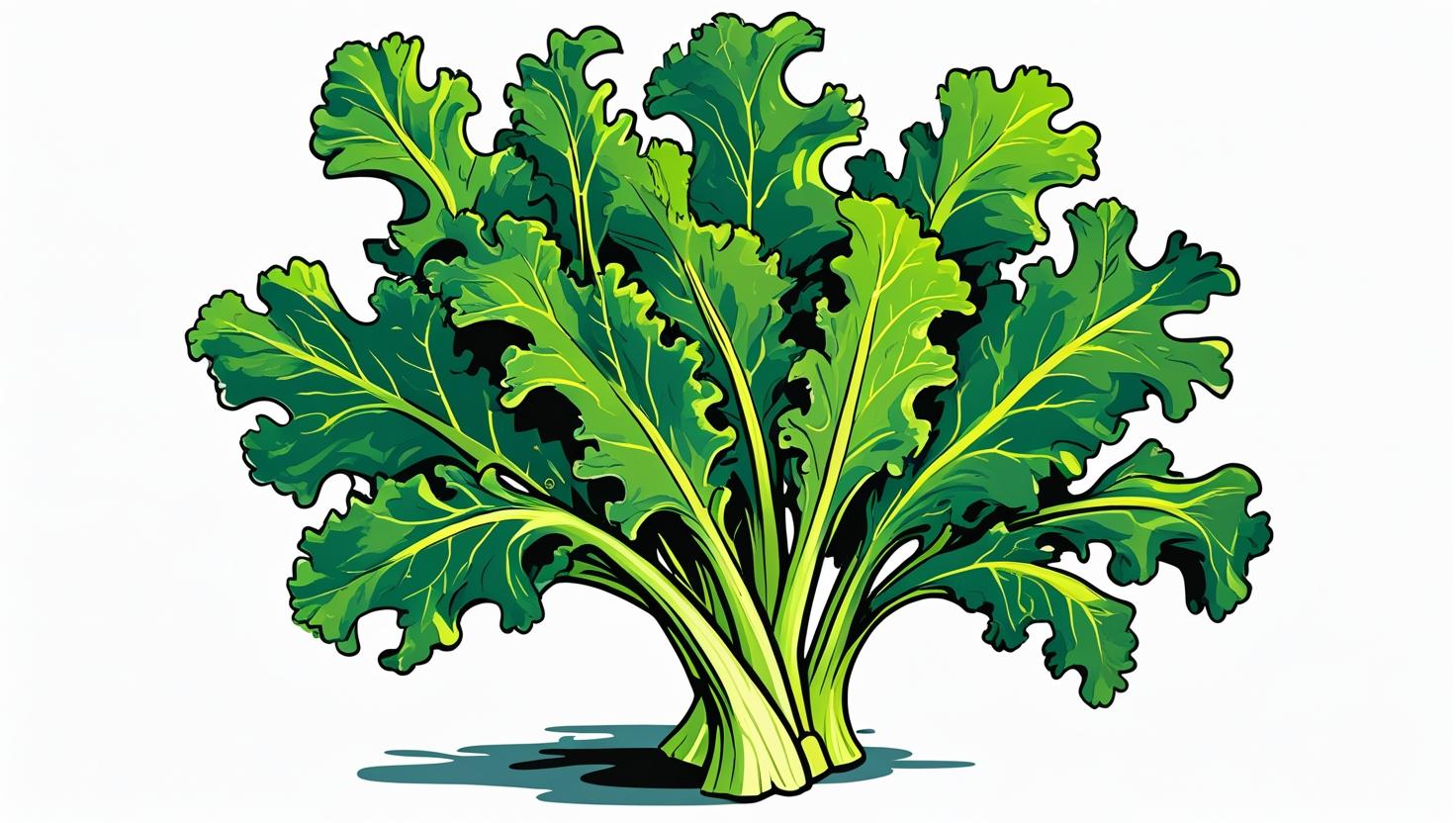Vitamin A
An underlooked vitamin

I believe that if you can understand how a vitamin works, you can gain a deeper understanding of deficiencies.
After seeing a user on Instagram talk about how important Vitamin A is for chickens, I got curious!

Vitamin A is truly at the top of the vitamin chain. It is a fat-soluble vitamin, most often stored in the liver.
This vitamin ensures that epithelial cells are in good condition. These cells are found in the skin as well as the linings of the digestive, reproductive, and respiratory tracts.
In other words, this top-of-the-chain vitamin—Vitamin A—helps keep the following healthy:
Mucous membranes
Skin
Vision
Immune system stays healthy
Symptoms of Vitamin A deficiency in Poultry
Symptoms of Vitamin A deficiency in adult birds:
Ruffled feathers
Emaciation and weakness
Reduced egg production
Decreased hatch rate
Small ovarian follicles, some showing hemorrhage
Milky, cheesy discharge from the eyes and nostrils
Xerophthalmia, also known as dry eye
If a mother hen suffers from a Vitamin A deficiency, her chicks can inherit this deficiency. Depending on the amount of Vitamin A stored in the hen's liver, symptoms may appear within 7 days.
Some signs of Vitamin A deficiency in chicks:
Anorexia
Growth retardation
Loss of yellow pigment in shanks and beaks
Pale comb and wattles
Chicks usually die before discharge from the eyes and nostrils appears

- Green Kale
- Pumpkin
- Broccoli
- Cantaloupe
Thats why my belief will always be that if you have a sick bird in any condition its good to supplement their treatment with a multivitamin.
